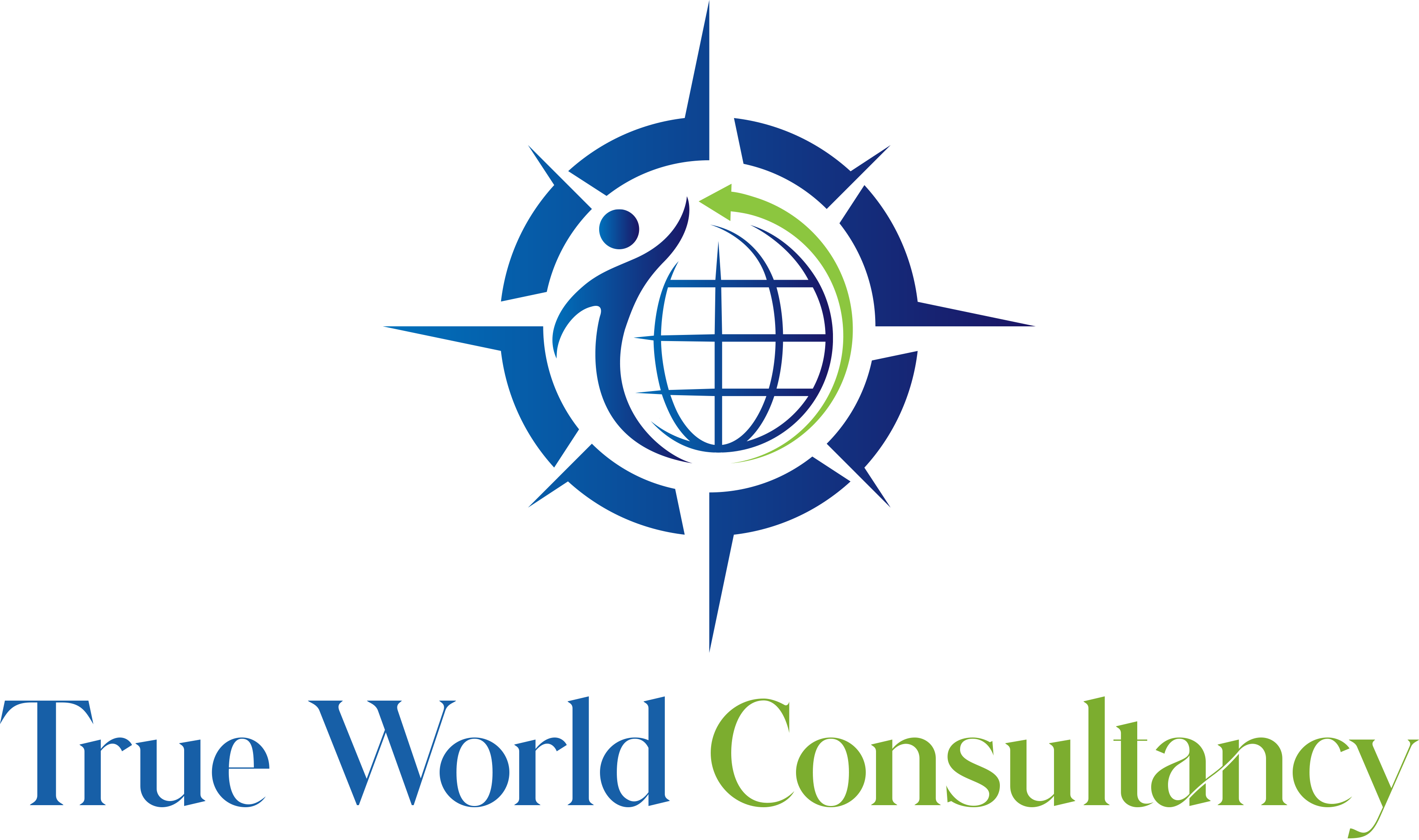The Benefits of Canadian Permanent Resident: Your Gateway to a Better Future
In this blog post, we will explore the numerous advantages of obtaining permanent residency in Canada and how it can serve as a stepping stone towards a brighter future. Whether you are considering the Express Entry system, the Provincial Nominee Program (PNP), or the eligibility criteria for permanent residency, this article aims to provide you with valuable insights. Additionally, we will delve into the citizenship pathway, the importance of the Educational Credentials Assessment (ECA), and the work experience requirement. By the end, you will have a comprehensive understanding of the benefits of permanent residency and the opportunities it can unlock.
Canada, renowned for its breathtaking landscapes, diverse culture, and robust economy, has long been a dream destination for many seeking to build a better future. With its welcoming immigration policies and emphasis on multiculturalism, Canada offers a pathway to permanent residency (PR) that attracts individuals from all corners of the globe. In this blog, we’ll delve into the intricacies of obtaining Canadian PR, exploring the various programs available, eligibility criteria, and the benefits of making Canada your new home.
Understanding Canadian Permanent Residency
Canadian Permanent Residency status grants individuals the right to live, work, and study anywhere in Canada indefinitely. It is not citizenship, but it is a significant step towards it. PR holders enjoy many of the same rights and benefits as Canadian citizens, including access to healthcare and social services, as well as protection under Canadian law.
Pathways to Canada PR
Express Entry System
The Express Entry system is Canada’s primary pathway for skilled workers to obtain PR. It manages applications for three federal economic immigration programs:
1. Federal Skilled Worker Program (FSWP)
2. Federal Skilled Trades Program (FSTP)
3. Canadian Experience Class (CEC)
Applicants create an Express Entry profile outlining their skills, work experience, education, language proficiency, and other factors. Based on a Comprehensive Ranking System (CRS) score, candidates are ranked against each other, and the highest-scoring individuals are invited to apply for PR through regular draws conducted by the Canadian government.
Provincial Nominee Programs (PNPs)
Canada’s provinces and territories operate their own immigration programs, known as Provincial Nominee Programs (PNPs). These programs allow provinces to nominate individuals who meet their specific labor market needs for PR. Each PNP has its own set of eligibility criteria and application process, targeting skilled workers, entrepreneurs, and international graduates.
Family Sponsorship
Canadian citizens and PR holders can sponsor their family members, including spouses, partners, dependent children, parents, and grandparents, for PR. The sponsor must demonstrate the ability to support their family members financially and ensure they do not require social assistance from the government.
Eligibility Criteria
– Age: Applicants must be at least 18 years old.
– Language Proficiency: Proficiency in English or French is essential, demonstrated through standardized tests like IELTS or CELPIP for English and TEF for French.
– Education: A minimum level of education is typically required, often assessed through educational credentials.
Work Experience: Skilled work experience in a designated occupation is often necessary, and the minimum requirements vary depending on the program.
– Health and Character: Applicants must undergo medical examinations and provide police clearance certificates to demonstrate good health and character.
Benefits of Canadian PR

1. Access to Universal Healthcare:PR holders enjoy access to Canada’s publicly funded healthcare system, one of the best in the world.
2. Educational Opportunities:PR holders can study at Canadian educational institutions and benefit from lower tuition fees compared to international students.
3. Social Security: PR holders are eligible for social security benefits, including retirement pensions and unemployment insurance.
4. Employment Opportunities:PR status allows individuals to work for any Canadian employer in any occupation, giving them the freedom to pursue their career goals.
5. Pathway to Citizenship:PR is a stepping stone towards Canadian citizenship, which can be obtained after meeting certain residency requirements.
Renouncing permanent resident status:
A Canadian permanent resident does not automatically lose their status when their PR card expires. A permanent resident’s status can only be lost through an official process. If a person wants to renounce their permanent resident status, they may submit an application to voluntarily give up their permanent resident status. This may save time during travels if a person knows they have not met their residency obligation and they intend to travel to Canada.
Is permanent residence the same as citizenship?
Canadian permanent residents are not citizens of Canada. Canadian permanent residents cannot apply for a Canadian passport, among other benefits enjoyed by citizens. Unlike Canadian citizens, they are also certain requirements a PR must fulfill to keep their status.


